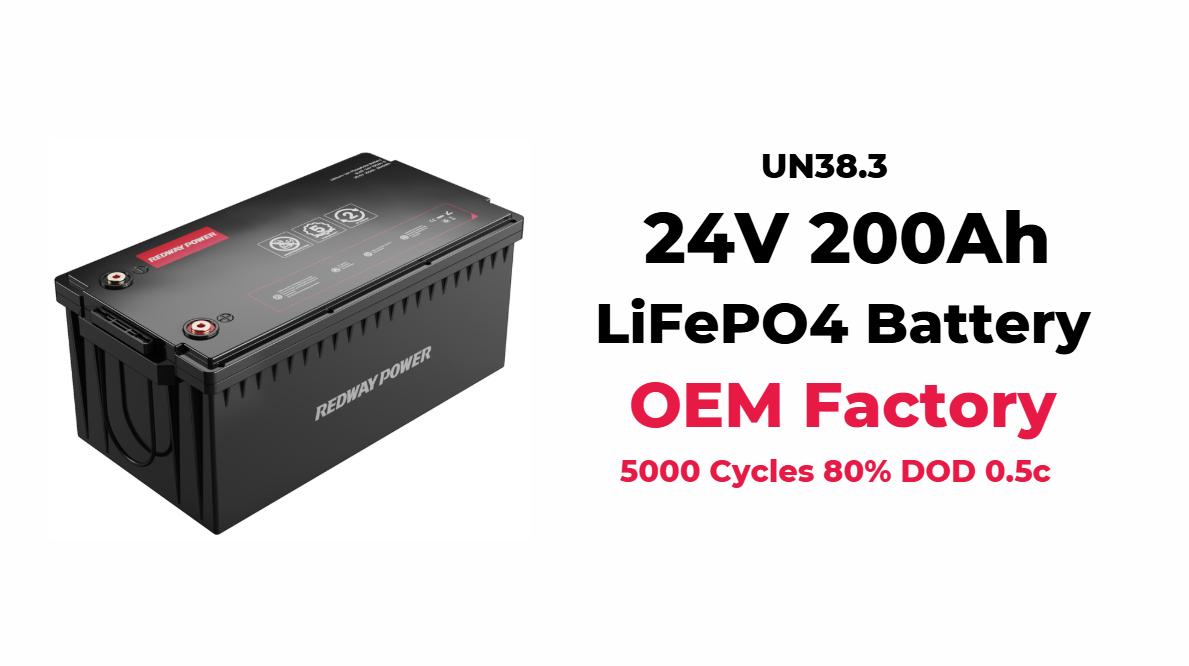
Consumer Guidance for Lithium Battery Selection and Maintenance
Navigating the world of lithium batteries, especially for applications like solar energy, requires understanding where to find quality products and how to maintain them effectively. This guide provides insights into sourcing rechargeable batteries, comparing different types, and understanding their lifecycle.
Where can you find quality rechargeable batteries for solar lights?
Quality rechargeable batteries for solar lights can be found at various retailers, including home improvement stores, specialized battery suppliers, and online marketplaces like Amazon. Look for brands known for durability and performance in outdoor conditions, ensuring they meet the voltage and capacity requirements of your solar lighting system.Rechargeable Battery Sources Chart
| Source | Description |
|---|---|
| Home Improvement Stores | Often carry a range of outdoor lighting options |
| Specialized Suppliers | Focus on high-quality battery products |
| Online Marketplaces | Wide selection with customer reviews |
What are reliable sources of information about lithium-ion solar batteries?
Reliable information about lithium-ion solar batteries can be found on manufacturer websites, educational platforms like Battery University, and industry publications focused on renewable energy. Additionally, forums and community groups often share user experiences and tips regarding specific battery models.Information Sources Chart
| Source | Description |
|---|---|
| Manufacturer Websites | Official specs and guidelines |
| Educational Platforms | In-depth articles on battery technology |
| Community Forums | User experiences and practical advice |
What are the best places to buy high-capacity batteries?
The best places to buy high-capacity lithium batteries include specialized battery retailers, online platforms like Amazon or Battery Junction, and local electronics stores. Always check product reviews and ratings to ensure you’re purchasing reliable and durable options suitable for your needs.Battery Purchase Sources Chart
| Source | Description |
|---|---|
| Specialized Retailers | Focus on high-capacity options |
| Online Platforms | Extensive selection with user reviews |
| Local Electronics Stores | Immediate availability and personal assistance |
How do you compare different types of lithium-ion batteries?
When comparing different types of lithium-ion batteries, consider factors such as energy density, cycle life, safety features, and cost. For example, Lithium Iron Phosphate (LiFePO4) offers longer lifespans but lower energy density compared to traditional Lithium-Ion (Li-Ion) batteries. Assessing these characteristics helps determine the best fit for your application.Comparison Factors Chart
| Factor | LiFePO4 | Li-Ion |
|---|---|---|
| Energy Density | Lower than Li-Ion | Higher energy storage |
| Cycle Life | Up to 5,000 cycles | Typically 500 to 2,000 cycles |
| Safety | Generally safer due to thermal stability | More prone to overheating if damaged |
What should you know about the lifecycle of a lithium-ion battery?
The lifecycle of a lithium-ion battery refers to the number of charge-discharge cycles it can undergo before its capacity significantly diminishes. Most lithium-ion batteries last between 300 to 500 cycles, while advanced models may exceed 3,000 cycles. Proper maintenance practices can extend this lifecycle considerably.Lifecycle Overview Chart
| Lifecycle Stage | Description |
|---|---|
| Charge Cycles | Number of full charges before capacity loss |
| Maintenance Impact | Regular care can extend lifespan |
| Depth of Discharge | Keeping within recommended limits enhances longevity |
Where can you find resources for maintaining lithium batteries?
Resources for maintaining lithium batteries include manufacturer manuals, educational websites like Battery University, and online forums dedicated to battery technology. These resources provide valuable insights into best practices for charging, storage, and overall care to ensure optimal performance.
Expert Views
“Understanding how to source and maintain lithium batteries is crucial in maximizing their efficiency,” states Dr. Alex Reynolds, an expert in energy storage technologies. “With proper care and informed choices, users can significantly enhance both performance and longevity.”
FAQ Section
Q: How often should I replace my lithium battery?
A: Depending on usage, a lithium battery typically lasts between 3 to 10 years, but regular maintenance can extend its life.Q: Can I mix different types of lithium batteries?
A: No, it’s recommended not to mix different types or brands as they may have varying charge/discharge characteristics that could lead to failure.Q: Are there specific chargers I should use for my lithium batteries?
A: Yes, always use chargers specifically designed for your type of lithium battery to ensure safe charging practices.
